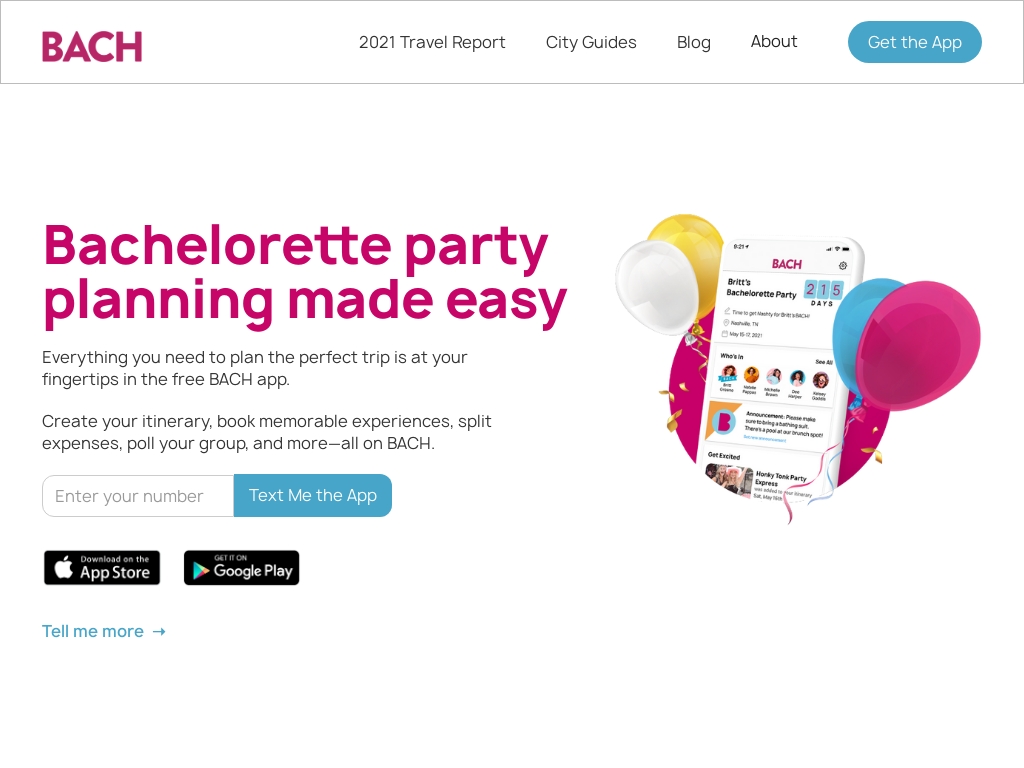
2 Social Goods Marketplace Success Stories [2025]
Looking to make a positive impact while running a business? Consider starting a social goods marketplace. Imagine an online platform where consumers can purchase ethically produced, sustainable, and fair-trade products all in one place.
This marketplace connects conscious consumers with artisans and small businesses committed to social impact. You'll need a robust e-commerce site, reliable suppliers who align with your social mission, and a strategy to market to discerning shoppers who care about more than just price.
Building a social goods marketplace isn’t just about profits; it’s about making meaningful connections and contributing to a better world. If you’re passionate about ethical consumerism and ready to invest in building strong supplier relationships, this could be a fulfilling venture. This business idea allows you to combine entrepreneurship with social responsibility, offering a unique way to make business a force for good.
In this list, you'll find real-world social goods marketplace success stories and very profitable examples of starting a social goods marketplace that makes money.
1. BACH ($6M/year)
Mike Petrakis, the Co-Founder and CEO of BACH, came up with the idea for the app when his lead investor presented it to him. After building successful e-commerce businesses and experiencing viral growth with a waitlist, Petrakis knew he was onto something big and decided to launch BACH, which has now grown to over $1M in net revenue and 40,000+ parties using the app.
How much money it makes: $6M/year
How much did it cost to start: $1M
How many people on the team: 12


BACH, an app that plans and books bachelorette parties, has grown from $0 to >$1M net revenue run rate in less than 6 months, gained over 100,000 users in their first 60 days, and has over 40,000 parties using the app this month.




2. FriendsWith limited ($174K/year)
Paige and Dan came up with the idea for FriendsWith during the first lockdown in New Zealand. With more time on their hands, they evaluated what they wanted for their future and saw the opportunity in the growing market of social commerce. They combined their skills and created a social commerce platform that incorporates social media, commerce, and an affiliate rewards program, attracting users to shop and share content for premium fashion and lifestyle brands. They have seen a 300% increase in app users and estimate to bring in $200,000 in revenue for the next financial year.
How much money it makes: $174K/year
How much did it cost to start: $42.5K
How many people on the team: 2

FriendsWith, a social commerce platform with a built-in affiliate rewards program for premium fashion and lifestyle brands, saw a 300% increase in app users since launching in August 2020 and estimates bringing in $200,000 in revenue for the next financial year, with a focus on attracting shopping enthusiasts to become "influencers" to start a side hustle with no overhead costs.





Download the report and join our email newsletter packed with business ideas and money-making opportunities, backed by real-life case studies.

Download the report and join our email newsletter packed with business ideas and money-making opportunities, backed by real-life case studies.

Download the report and join our email newsletter packed with business ideas and money-making opportunities, backed by real-life case studies.

Download the report and join our email newsletter packed with business ideas and money-making opportunities, backed by real-life case studies.

Download the report and join our email newsletter packed with business ideas and money-making opportunities, backed by real-life case studies.

Download the report and join our email newsletter packed with business ideas and money-making opportunities, backed by real-life case studies.

Download the report and join our email newsletter packed with business ideas and money-making opportunities, backed by real-life case studies.

Download the report and join our email newsletter packed with business ideas and money-making opportunities, backed by real-life case studies.











